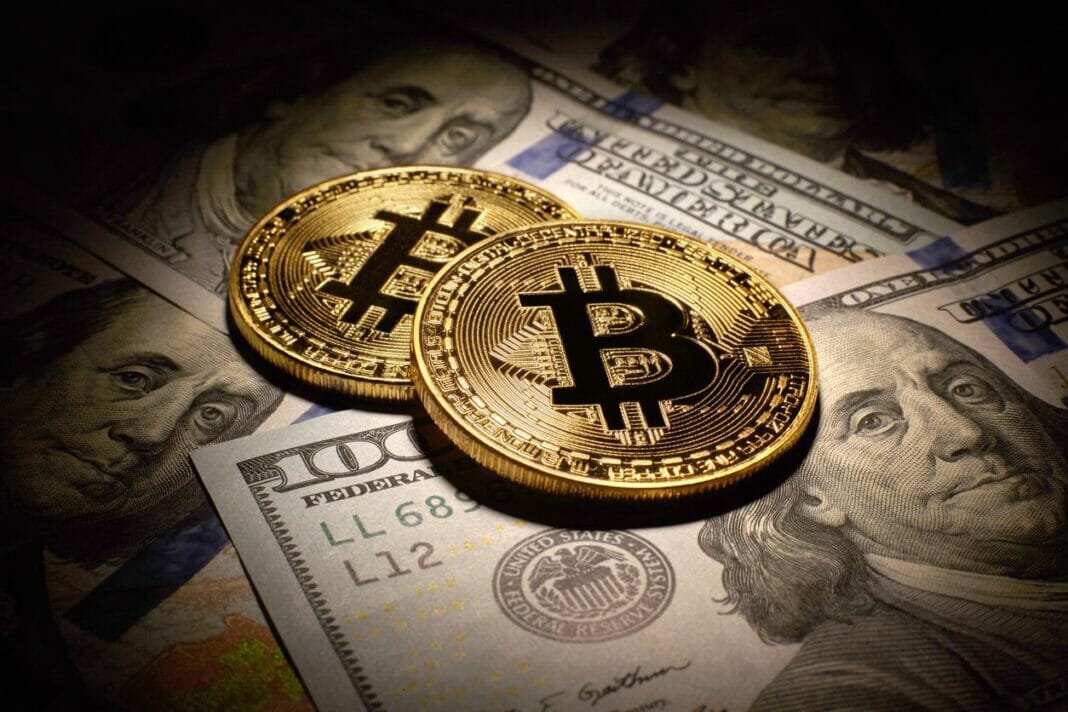The analysis claims that El Salvador only worsened its economic situation, after the adoption of Bitcoin as a legal tender.
An analysis by the specialized publication in American finance, Barron’s, described the year of implementation of the Bitcoin Law in El Salvador as “a failure” and “a fraud”, and that it has become a case study for lovers of cryptocurrencies, going from being a “promise” to a “warning” about adopting a cryptocurrency as legal tender.
The specialized publication states the following in its analysis:
“In theory, you can pay rent in Bitcoin, buy a house, pay a credit card, or send a payment to a Mayan pottery vendor at the local market. Instead, El Salvador has become a cautionary tale of what happens when a country adopts a cryptocurrency, tries to incorporate it into its economy, and renews itself as a tech haven: It doesn’t work as advertised.”
The analysis of Barron’s and projected by the newspaper El Salvador, called “El Salvador’s Lonely Bitcoin Experiment: ‘It’s Either the Biggest Failure or the Biggest Con”, indicates that BTC as legal tender was the idea of a person and that the country is Far from being a “cryptocurrency lover’s dream”.
Analysis by BeinCrypto
In a recent analysis by BeInCrypto, it was stated that El Salvador’s Bitcoin portfolio has been reduced by more than 50%, so Bukele’s bet now faces a loss of around 55 million dollars, thus surpassing a drop of that percentage.
That is to say, the purchases led by Bukele were made at the beginning of the last bullish rally of Bitcoin. El Salvador made eight large purchases between September and December 2021, capturing an average entry of about 55,000 dollars.
Experts See El Salvador “A Bad Example” of Crypto Adoption
For Barron’s, El Salvador is now a warning of what “can happen to a country” when it adopts a cryptocurrency, incorporates it into its economy, and tries to create infrastructure around it without a prior plan, which in the long run will end up “not working”, and argues that the nation now has very limited resources and is in debt.
In addition, he points out that the economy of El Salvador is worse now than before implementing Bitcoin, coupled with the fact that the country’s financial profile with its creditors is worse, as well as the lack of confidence of local investors and the opposition, who suspect that the government did not occupy 250 million dollars in the “digital infrastructure”, but did use resources to put Bitcoin into circulation, through Chivo Wallet.
However, not all opinions are against the implementation of Bitcoin. On September 7, the president of the El Salvador Bitcoin Cluster (which brings together 40 companies), Guillermo Contreras, revealed that the crypto companies registered with the Central Reserve Bank (BCR) have hired 250 people since the Bitcoin Law in September 2021 and argued that BTC has promoted financial inclusion.
“Bitcoin has meant that people who were neglected by the traditional banking sector can have the means to send and receive a payment, be able to store their money, or be subject to credit. The crypto ecosystem boosts the economy of those who had been excluded. What countries like Costa Rica have taken many years and millions invested, it has taken El Salvador a year for the effect of the Bitcoin Law.”
By Audy Castaneda











